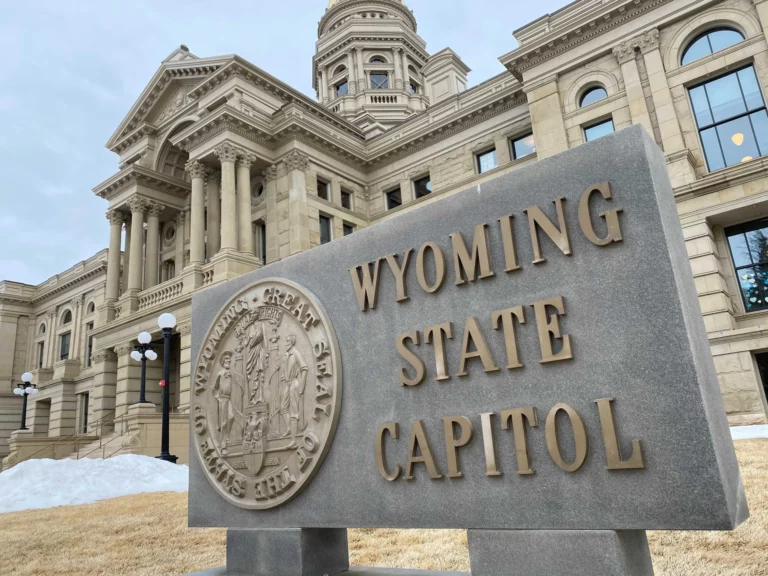India is taking aim at the dominance of Apple Inc. and Alphabet Inc. in the app store arena, seeking to open access to its government-backed apps on a larger scale, Bloomberg reports.
This move is setting the stage for a potential clash over social services, safety standards, and access to the country’s vast smartphone market.
According to sources familiar with the matter, India’s technology ministry summoned executives from Apple, Google, and other smartphone manufacturers last month. The ministry’s request: Provide Indian citizens direct access to the government’s suite of apps. Specifically, officials are pushing for the state-backed GOV.in app store to be made available within existing app marketplaces, including Apple’s App Store and Google’s Play Store. The sources requested anonymity as the discussions are not yet public.
While Google, whose Android operating system powers over 90% of India’s 700 million smartphones, is reportedly resisting the initiative, Apple is also considered unlikely to agree. During the meeting, government officials allegedly discussed the potential of implementing policy mandates or legal measures to compel Apple and Google to comply.
The government’s objective is to broaden the reach of its public welfare services through technology. In addition, they aim to have the state-backed app suite pre-installed on mobile devices before sale. They also want these apps to be available for download from third-party sources without the security warnings like “untrusted source” that are typically shown by the app stores.
India’s push is not entirely unprecedented. In 2021, Apple began offering Russian users an option to install government-suggested apps in response to local regulations.
However, Apple and Google both maintain strict control over their respective app stores. These stores are essential to their global influence over the smartphone market. These marketplaces provide access to millions of apps that both enhance the smartphone experience and generate significant revenue. By taking a 30% cut of app revenue, Apple and Google exercise oversight over developers’ work, aiming to mitigate risks from viruses, cybercrime and faulty software. Some regulators and app developers have criticized this business model, accusing the tech giants of monopolistic practices.
Currently, individual government apps are available in both Apple’s and Google’s digital storefronts. Government officials believe that integrating the entire GOV.in app suite within the stores will significantly increase user engagement with these apps.
In response to queries, Google stated its active engagement with the Indian government to support the safety of the mobile ecosystem, but did not directly address the app store issue. Apple and India’s technology ministry have not yet commented on the situation.
India has a history of imposing stringent regulations on global technology companies. The 2020 ban on TikTok, for example, demonstrated the country’s willingness to take decisive action against foreign tech. India has also demanded Meta Platforms Inc. allow access to encrypted WhatsApp messages in certain cases, a move challenged by the US company in court. India’s tech policies often have global implications, creating complexities for Big Tech.
India’s strict regulatory approach coincides with its increasing importance as a consumer market for technology companies. The country is a key growth market for smartphones, including those manufactured by Apple and Google.
In recent years, Apple suppliers have expanded their operations in India, which now accounts for more than 14% of iPhone global production. Google also plans significant investments in southern India for the assembly of its flagship Pixel smartphones. Additionally, Google has made substantial investments in other services, including digital payments and artificial intelligence..









